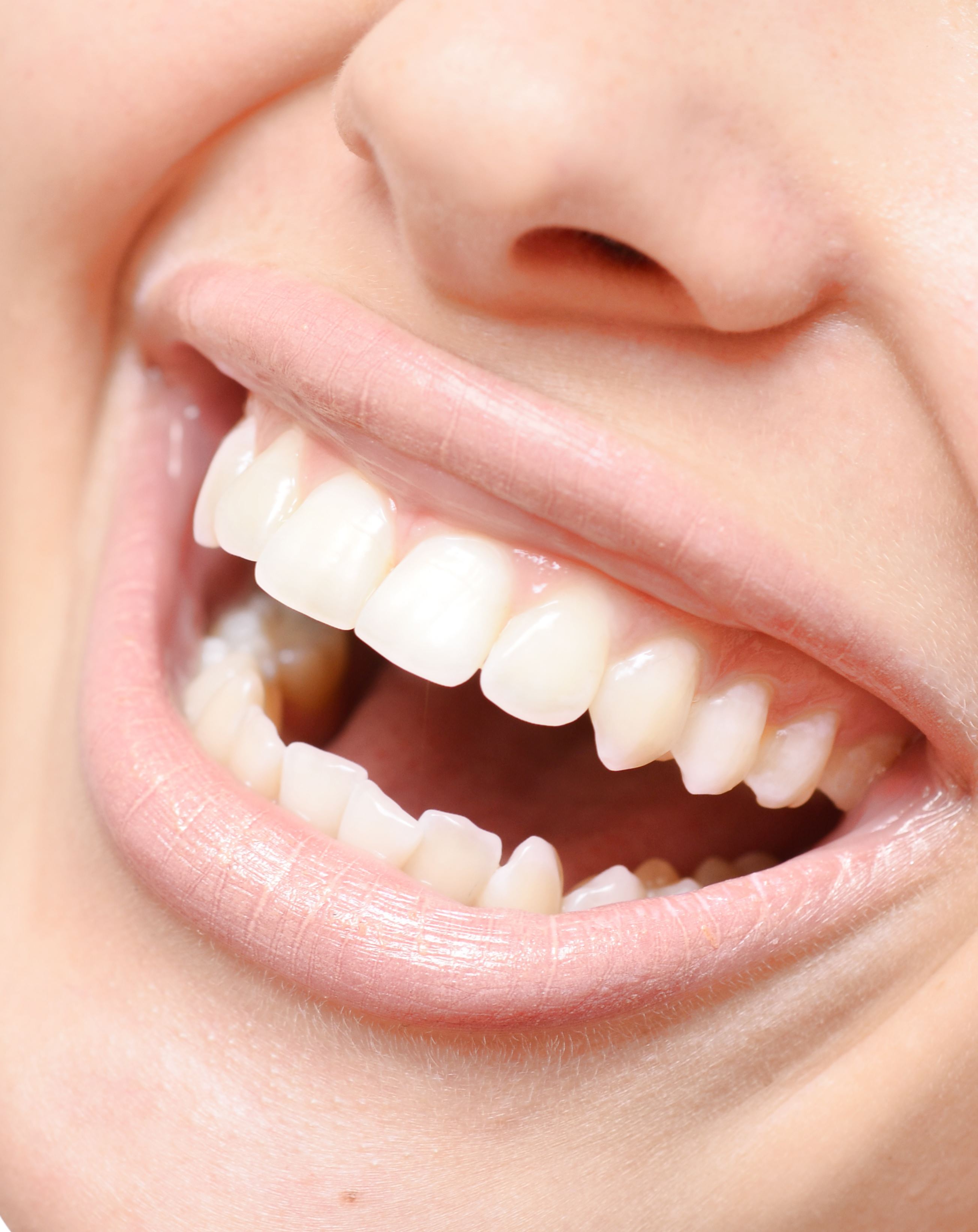781 Centre Road, East Bentleigh, VIC 3165
-
Mon- Fri 8am – 5pm
Teeth are extremely strong and durable, but they are susceptible to damage and decay if they’re not looked after properly. Regular cleaning and flossing can prevent serious dental issues from emerging, but they don’t make your teeth impervious. For your benefit, this blog post from East Bentleigh Dental Group contains information about some of the worst habits that can damage your teeth.
Chewing on Ice
It might seem innocuous, but chewing ice can cause a range of issues. Risks include chipping or cracking your teeth as well as irritating the soft tissues inside your teeth, leading to painful toothaches. We recommend chewing sugarless gum whenever you have the urge to chew on ice.
Grinding Teeth
Also known as bruxism, grinding your teeth is a compulsive condition that can require professional dental advice. Often caused by stress and poor sleeping habits, bruxism is difficult to control and can strip teeth of their protective layers. This can lead to premature decay, which can be a costly issue to rectify in the long term.
Drinking Soft Drinks
As soft drinks contain large concentrations of sugar, they’re particularly harmful to teeth when consumed frequently. They can also contain phosphoric and citric acids which cause tooth decay. For the sake of your oral health, we recommend avoiding soft drinks entirely.
Using Teeth to Open Things
Our teeth are designed for breaking down foods for consumption. They’re not designed to help us open bottles and plastic packaging, or cut away large strips of tape. The last thing you want is to experience cracked or chipped teeth when this is easily avoidable.
Chewing Pencils
People often chew on pens and pencils while concentrating or daydreaming. However, if you’d rather avoid cracking or chipping your teeth, we highly recommend against chewing pencils. If you’re looking for an alternative, sugarless gum can satisfy your compulsions and protect your teeth.
Contact Us Today
For more information about the bad habits that can damage your teeth, contact East Bentleigh Dental Group today. Give us a call on (03) 9575 1100 for general enquiries or contact 0423 046 418 for emergencies. Alternatively, you can send us a message using our online contact form.





